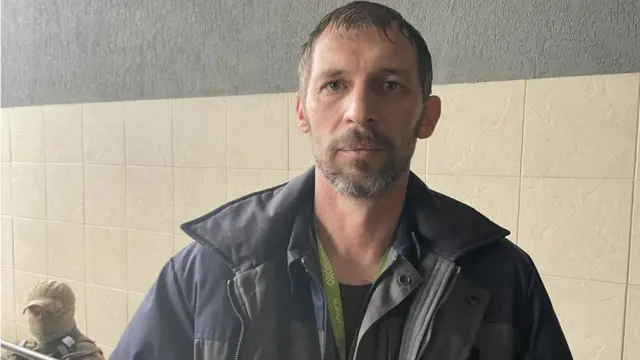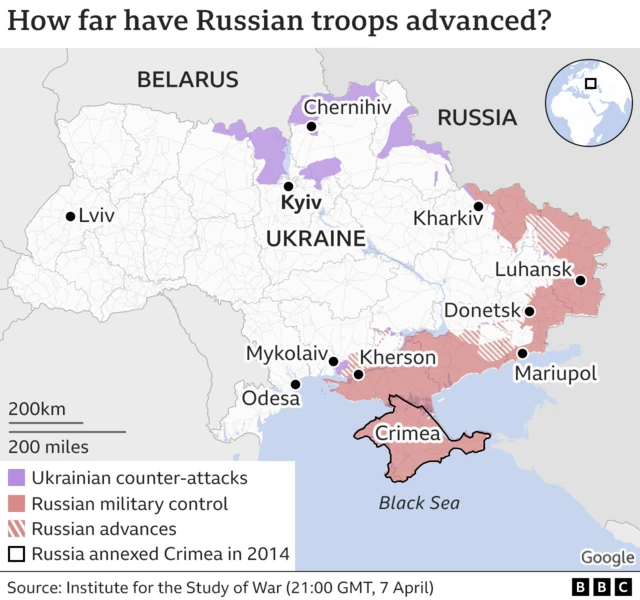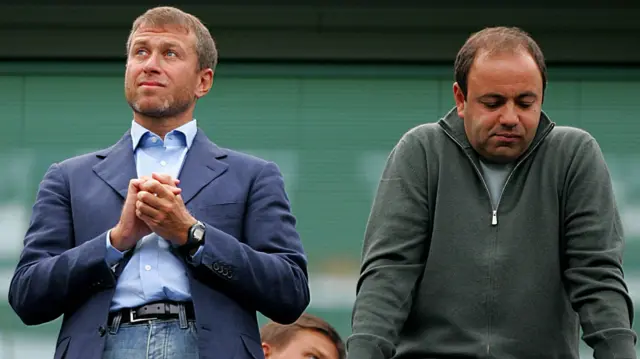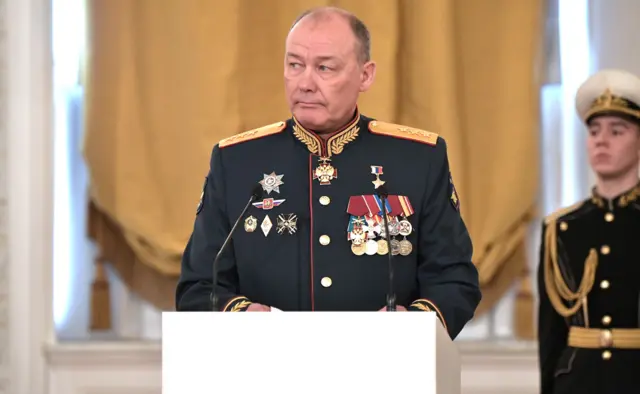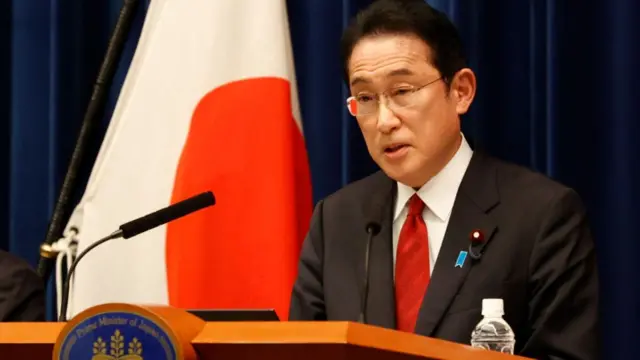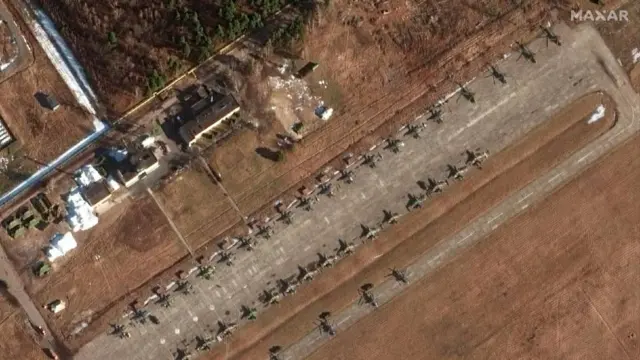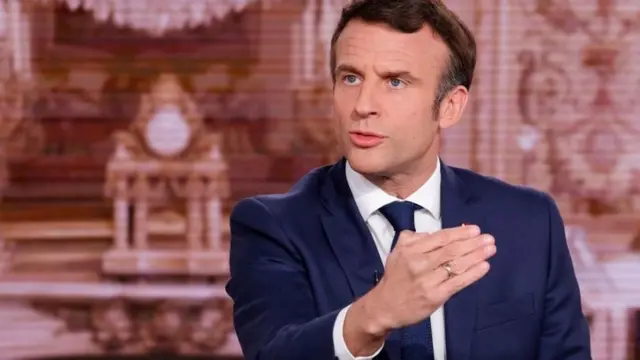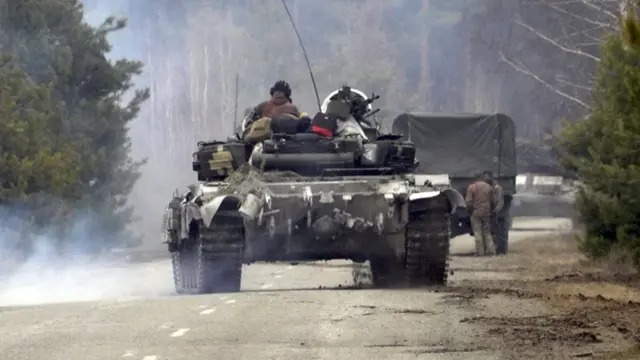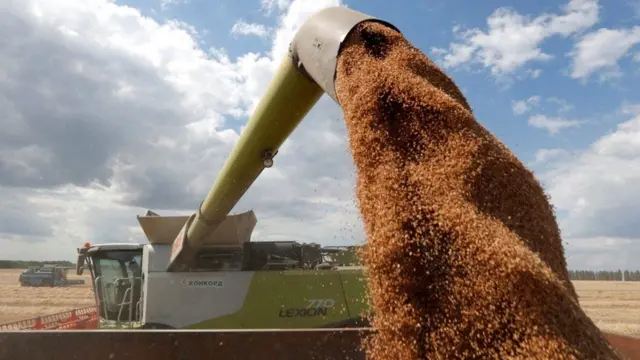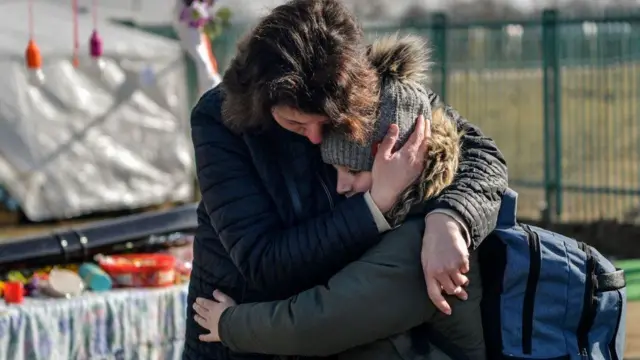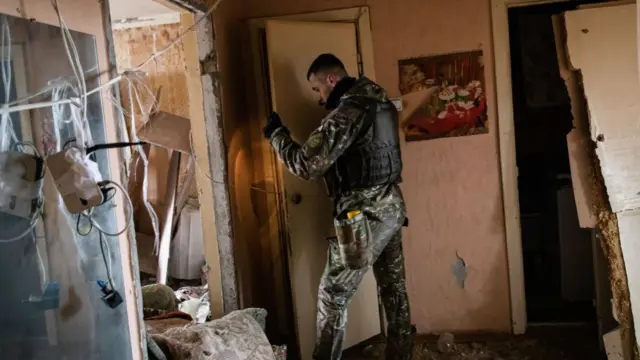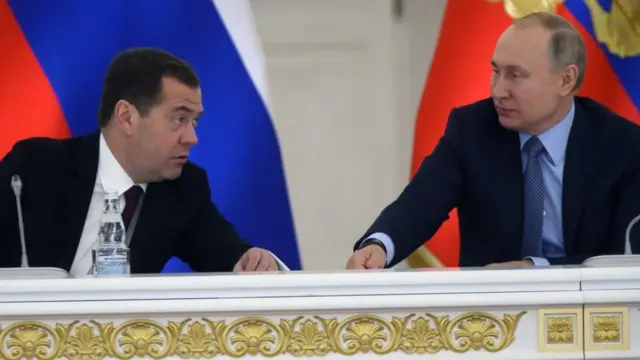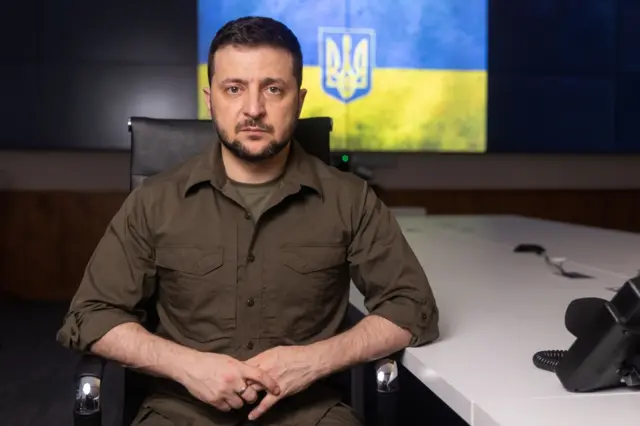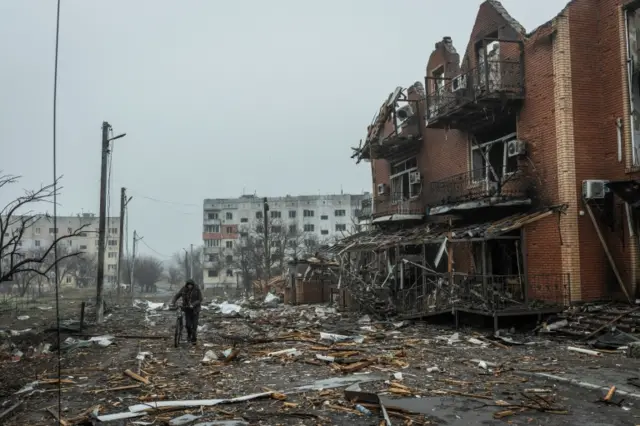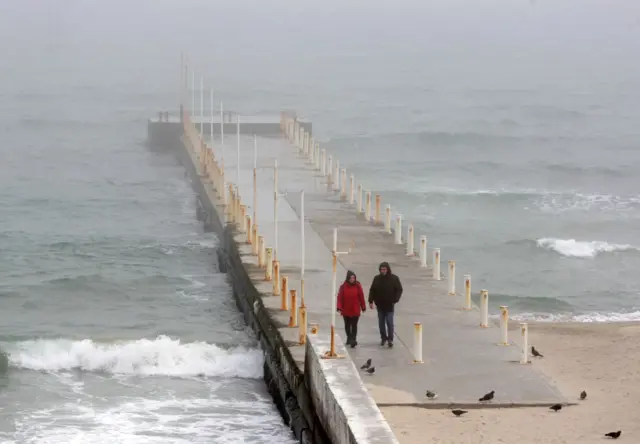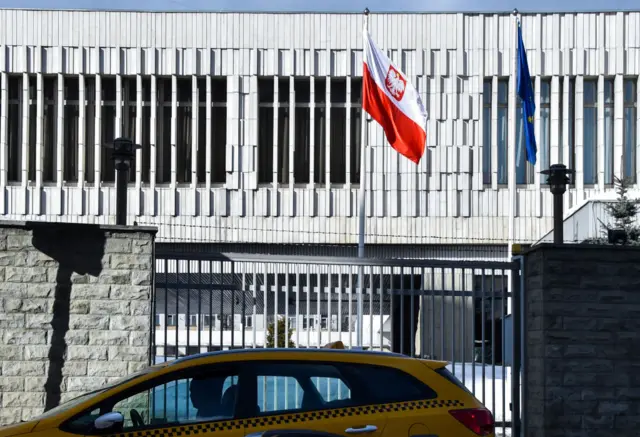Russian air strikes expected to rise in south and east, UK MoD sayspublished at 06:52 BST 9 April 2022
Russian air activity is expected to increase in Ukraine's south and east, the UK's Ministry of Defence says in its latest defence intelligence update.
Moscow's forces are continuing to hit Ukrainian non-combatants, like those killed in Friday's rocket strike on Kramatorsk railway station, it says.
Russian operations are focused on the eastern Donbas region, the MoD says, as well as the southern cities of Mariupol and Mykolaiv. But the ministry says Ukrainian resistance is still blocking Russia's goal of establishing a land link between Crimea and the Donbas region.
The governor of Luhansk, in the Donbas region, called for more evacuations on Saturday morning.
